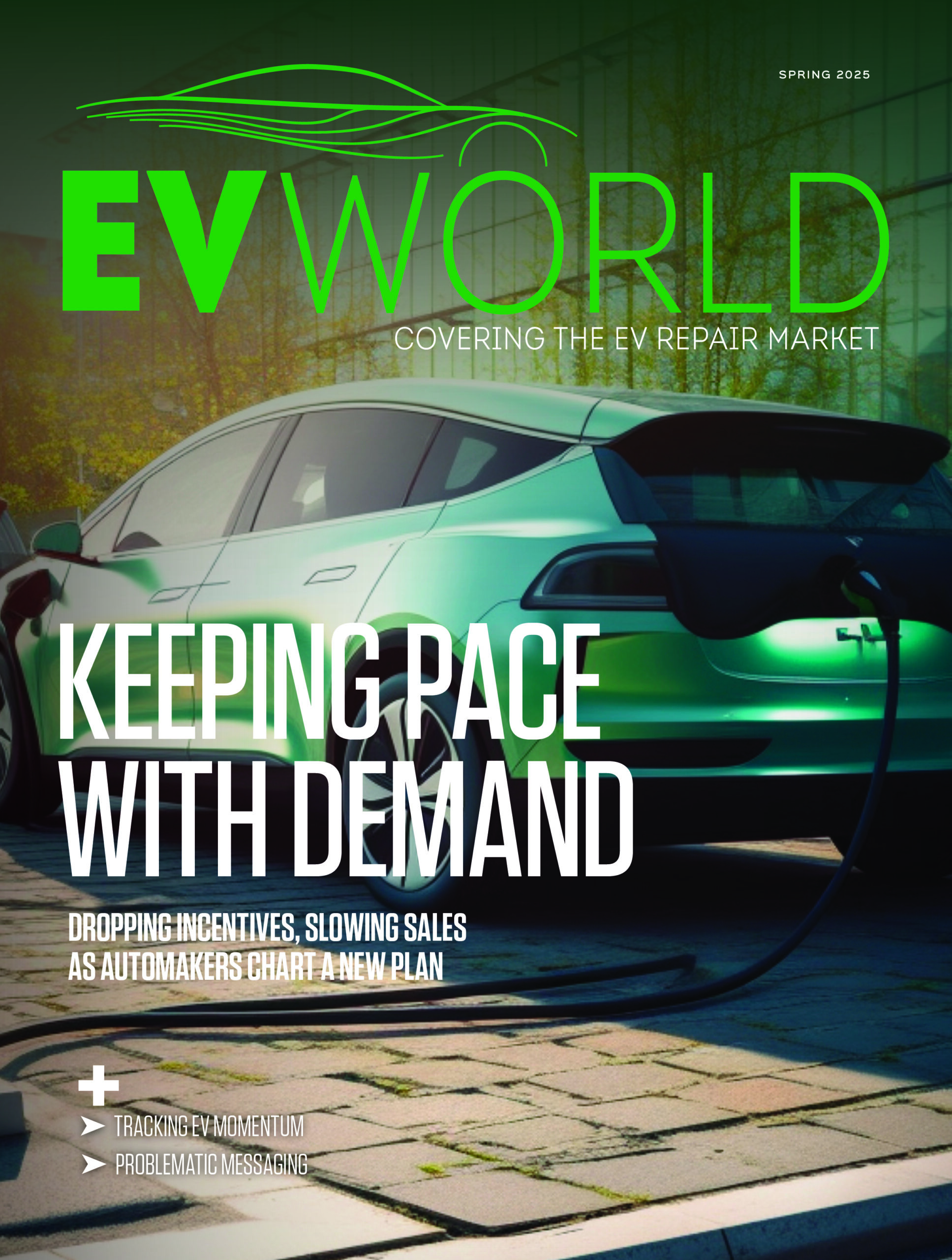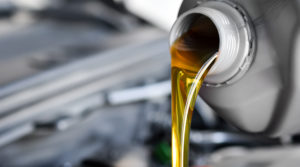
Toyota is putting a number of chips on the table when it comes to hydrogen technology in vehicles, according to an industry analysis.
Through both fuel-cell electric vehicles (FCEVs) and hydrogen-powered engines, the Japanese automaker is moving its move to become a carbon-neutral company, observed GlobalData, a data and analytics company.
Recently, Toyota, Kawasaki, Subaru, Mazda and Yamaha have teamed up on production, transportation and use of hydrogen, which is a carbon-neutral fuel for future vehicles. Toyota, the company noted, has a hydrogen-powered engine vehicle under development. It recently debuted at a racing event in Japan.
“Toyota looks more confident about the future of hydrogen while others may think it is overhyped,” said Bakar Sadik Agwan, senior automotive consulting analyst at GlobalData.
That said, EVs are still a focus for the automaker. The company has been investing heavily in the technology, Agwan noted. “It aims to invest US$13.5 billion over the next decade in battery production and launch 15 electric models by 2025.”
He suggested that Toyota’s leadership believes hydrogen can be the best replacement for fuel in vehicles. He also argues that Toyota’s movement to hydrogen may not be as big of a gamble as it would be for others given the experience of Toyota and what the company could be capable of.
“The technology is under development for decades and the company has a ready test vehicle. Toyota is aware of the technological challenges and the recent developments are rather more focused on overcoming these challenges to make the technology ready to commercialize,” Agwan said.
“Toyota needs to overcome a slew of challenges associated with hydrogen-powered engines to prove that the technology is not over-hyped, which will definitely take some time. Going mainstream in the near-to-mid-term may remain a distant dream and electrification is expected to remain a key channel for transition to carbon-neutrality globally.”












Leave a Reply